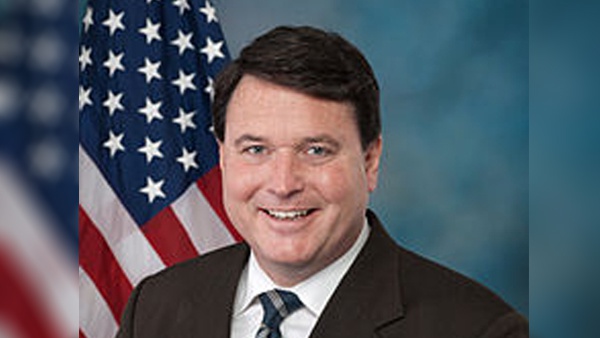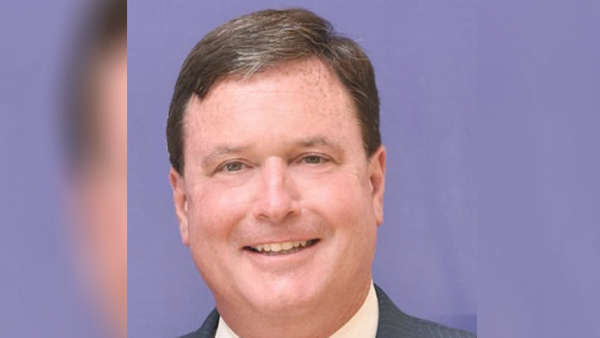Indiana and other states seek to intervene in Federal Energy Regulatory Commission’s handling of BlackRock case

Attorney General Todd Rokita is co-leading a 17-state effort to stop a multinational investment company based in New York City from forcing utility companies to embrace radical leftist ideologies — potentially harming investors and raising the rates of Hoosiers’ utility bills.
Attorney General Rokita and the other attorneys general call out BlackRock Inc. for signing onto activist crusades such as Climate Action 100+ (CA100+) and the Net Zero Asset Managers (NZAM) initiatives — which seek to coordinate shareholder voting power across their membership to influence the operations of utilities.
“These elitists are trying to impose restrictions on energy companies and utilities that would never win approval at the ballot box,” Attorney General Rokita said. “Their schemes could raise utility bills for regular Americans, including elderly Hoosiers on fixed incomes, and they could diminish the value of investment accounts.”
CA100+ and NZAM embrace targets that would force utilities to reduce their fossil fuel usage from 61% in 2020 to 25% by 2030 and to 2% by 2050. Another scenario calls for U.S. power-sector emissions to reach net zero by 2035.
In a filing to intervene, Indiana and other states insist the Federal Energy Regulatory Commission (FERC) must ensure that BlackRock Inc. abstains from imposing environmental, social and governmental (ESG) priorities on energy companies in its portfolios.
Otherwise, the attorneys general argue, BlackRock should not receive advance “blanket authorizations” from FERC to acquire more than $10 million in voting securities in utility companies.
Under the Federal Power Act, Attorney General Rokita noted, any public-utility holding company seeking to acquire more than $10 million in voting securities in another utility must secure an order from FERC authorizing it to do so.
Although large investment management companies like BlackRock may request advance blanket authorizations, such privileges are granted only when FERC finds the transactions consistent with the public interest in light of competition, rates, and regulation.
“The public interest is served when investment companies build their business models on maximizing financial returns for clients,” Attorney General Rokita said. “Conversely, the public interest is hijacked when these companies subjugate clients’ financial interests to social and political agendas.”
In its applications to FERC, BlackRock repeatedly claimed to qualify for reauthorization on the basis of being merely a “passive” and “non-controlling investor” that exercised no “control over the day-to-day management or operations” of utility companies.
“Maybe BlackRock was a passive investor ten years ago,” the attorneys general state in their motion to intervene, “but today it’s an environmental activist.”
The motion to intervene is attached.

 Mercedes-Benz will pay $12.7 million to Indiana and Hoosier consumers to settle allegations of deception regarding vehicle emission controls
Mercedes-Benz will pay $12.7 million to Indiana and Hoosier consumers to settle allegations of deception regarding vehicle emission controls
 Indiana Department of Homeland Security Releases PFAS Testing Pilot Program Findings
Indiana Department of Homeland Security Releases PFAS Testing Pilot Program Findings
 Indiana Lawmaker Files Bill to Update Age of Consent Law
Indiana Lawmaker Files Bill to Update Age of Consent Law








